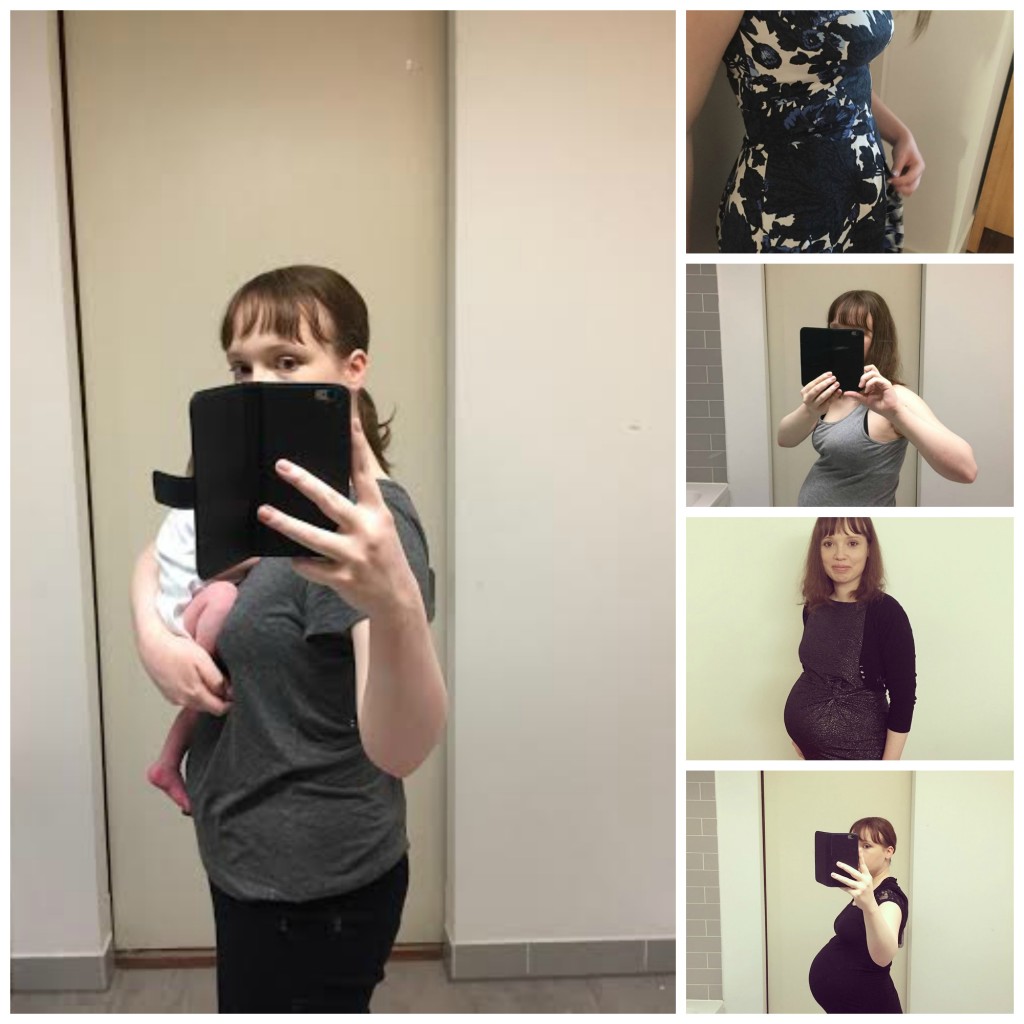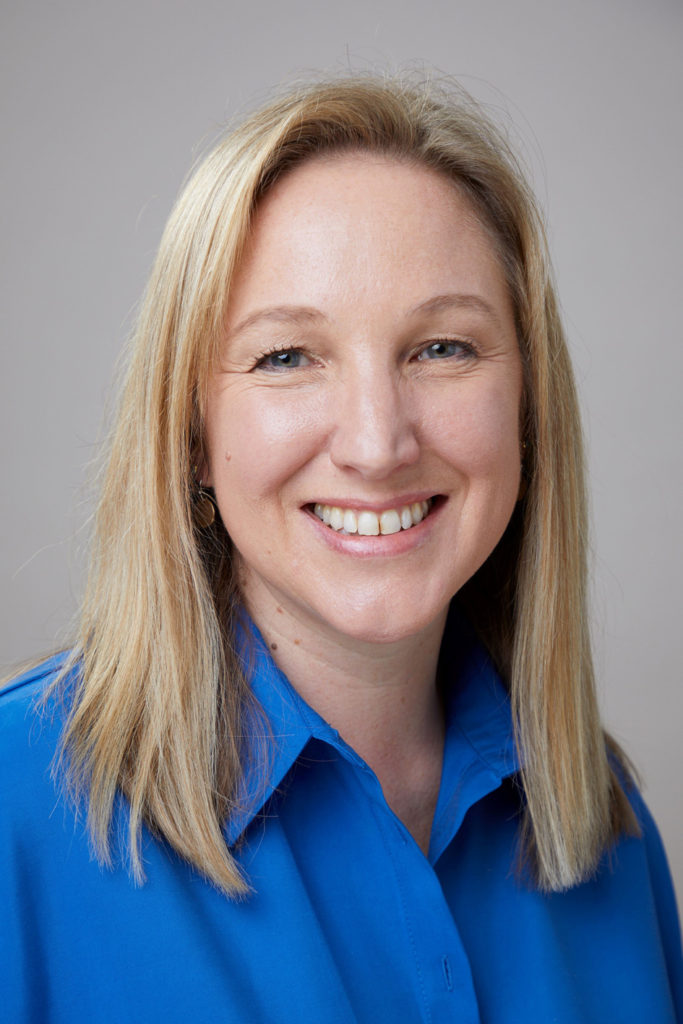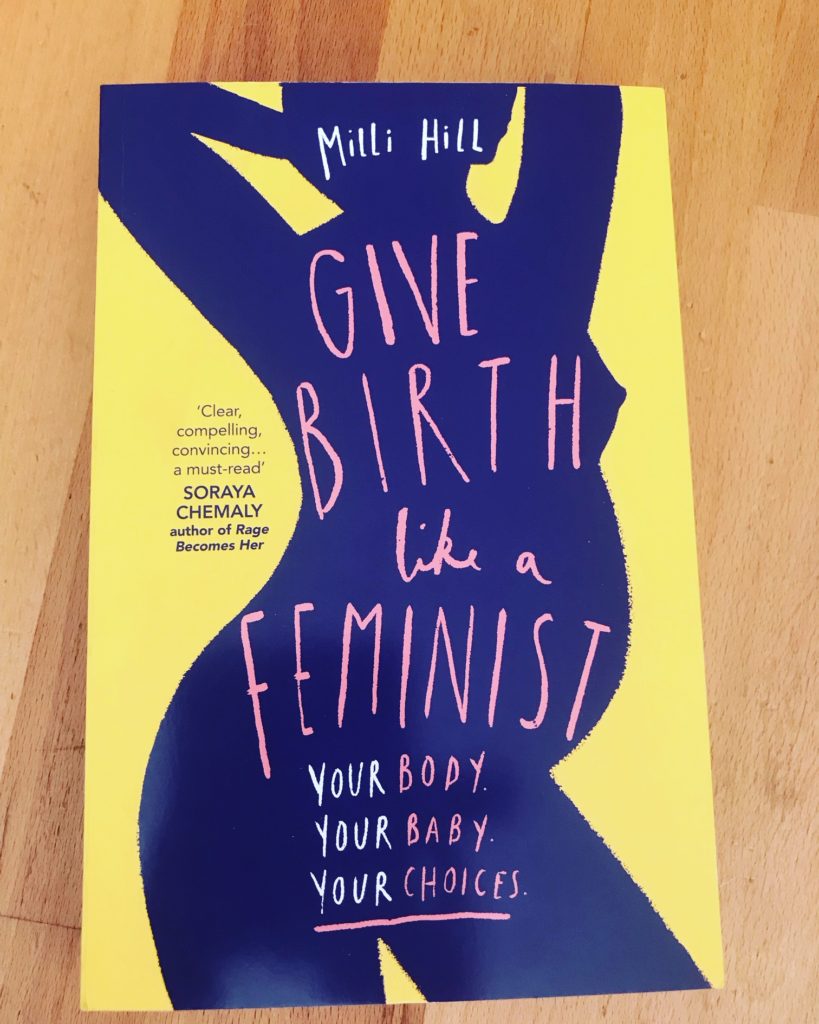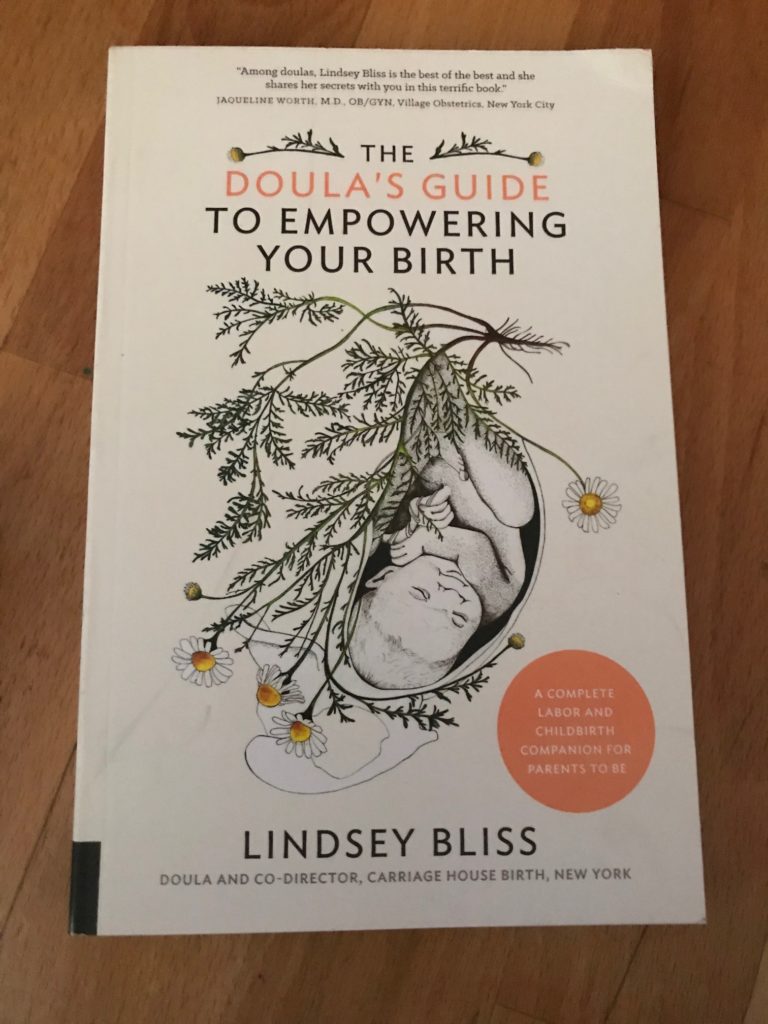 As I write this it is my sons fifth birthday. He is happily playing with his new toys and his toddler sister is playing with a train track. The pain of my sons birth has lessened this year. The pain is not as searing. I wanted a natural birth with my son. I had gone to an antenatal class at the hospital and they had skipped over most of the birth part due to time constraints. The one thing they did cover was pain relief, and it all looked awful. Even the epidural which they said was the ‘only thing that actually works’ looked so invasive. A catheter? No thanks. I would have a natural birth. It would hurt, but it would be worth it.
As I write this it is my sons fifth birthday. He is happily playing with his new toys and his toddler sister is playing with a train track. The pain of my sons birth has lessened this year. The pain is not as searing. I wanted a natural birth with my son. I had gone to an antenatal class at the hospital and they had skipped over most of the birth part due to time constraints. The one thing they did cover was pain relief, and it all looked awful. Even the epidural which they said was the ‘only thing that actually works’ looked so invasive. A catheter? No thanks. I would have a natural birth. It would hurt, but it would be worth it.
The birth itself was a series of little mistakes leading up to an emergency C section. I ended up having pethidine and an epidural. I have always been sensitive to drugs. I hate the feeling of being high, but by the third day of labour I could not take anymore. The midwives bullied me for taking drugs saying, ‘how much more pethidine is that baby going to have?’, but at no point did anyone induce me during my over eighty hours of labour until the very end. One midwife shouted and screamed at me at the top of her lungs while my water broke. I was bullied, abused and I thought my child and I were going to die. We both almost did.
That is not what I want to talk about today. Today I want to talk about what happened two-and-a-half years later: I got my VBAC. Having a natural birth with my daughter was the most healing experience of my life. I was thankful it was at a different hospital with better staff.
The trauma from my sons birth lead me to research childbirth and talk to as many women as I could about their experiences. This lead to me writing my book Women on Childbirth: Tips and Experiences from Women who Have Done it. I read everything I could about natural birth as I did not want another C section or any drugs. A book I recommend is The Positive Birth Book from Milli Hill. I was humbled when Milli was kind enough to contribute her birth story to my book. I also have to mention the team at St George’s who were so supportive. I cannot thank them enough.
I decided to try hypnobirthing and I read everything I could about it. I was confident I could breathe the baby out of my vagina as long as I was in the right environment. I knew if I was as calm as possible things would go well. I wanted the room to be as dark as possible. I did not want any drugs as they slow down labour. I refused to have anyone other than my husband there. I was treated terribly by the midwives at the other hospital and I knew that it would be partly luck if I got a good midwife or not. I was not going in on just luck however: I was going in empowered with information and a confidence in the abilities of my body.
I was in labour for over twenty-four hours but most of that was the early labour part which is not as bad. The pushing part was a few hours but it seemed to go faster. I was so surprised when the amazing midwife Elle told me I was ten centimetres. During my last birth I did not even get to five. The breathing really helped with the pain.
Did it hurt? Of course it did, but a natural birth is only more painful in the moment. It does not hurt as much afterwards and the recovery is much quicker. The moment I pushed out my daughter and she was on my chest was one of the proudest moments of my life. The female body is an amazing thing and we need to have confidence that our bodies can do what needs to be done, but we also deserve to have the right environment to birth in so our bodies are able to do that. Birth rights are human rights.







